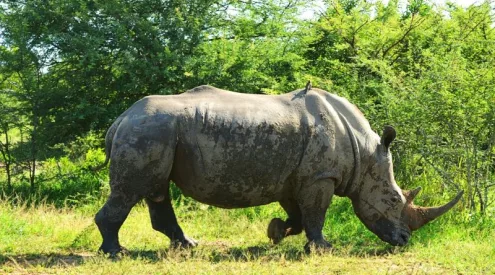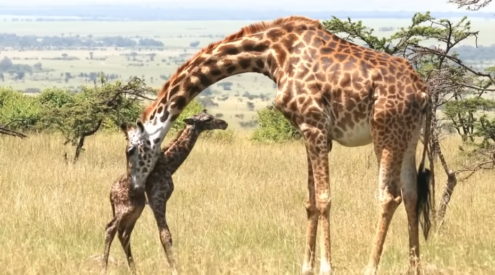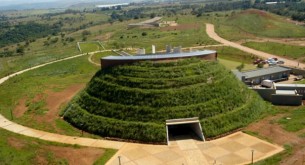Mhlangabezi Mdutyana will join hundreds of other UCT graduates on 21 December during a virtual graduation ceremony and will become south Africa’s first black observational ocean biogeochemist.

Mhlangabezi Mdutyana. Picture: University of Cape Town
Hailing from the humble streets of Mthatha in the Eastern Cape, Mdutyana is the son of a security guard and a domestic worker and spent the first year of his postgraduate studies on a friend’s couch.
His perseverance and hard work paid off, as Mdutyana master’s thesis was upgraded to a PhD. This is a rare occurrence, where Mdutyana said that when he received word that his PhD would be upgraded, it was unbelievable. ‘Ask anyone, this doesn’t happen in a hurry, and here, out of the blue, it happened to me. I was in complete disbelief,’ said Mdutsyana.
Biogeochemistry is the science that studies nutrient and carbon transformation in physical, biological, and geological processes and reactions. An ocean geochemist then investigates the role marine organisms play in carbon and nutrient cycles in the upper ocean.
His research focused on phytoplankton, a key component of ocean and freshwater ecosystems and their role in removing carbon dioxide from the atmosphere. His studies took him aboard the SA Agulhas II, South Africa’s Antarctic research vessel, collecting samples up to 500m deep.
Ocean biogeochemistry is vital in understanding climate change, where a quarter of carbon dioxide released into the atmosphere is absorbed by the ocean. By better understanding this phenomenon, scientists can improve their ability to predict future climate change and calculate extreme weather scenarios.
Mdutyana is well aware of the significance of his achievement as the country’s first black geochemist, where he aspires to encourage upcoming black researchers who come from disadvantaged communities, commenting that he is ‘beyond honoured’ and that institutions like UCT have to do a lot of work to ‘attract, nurture and hold onto black researchers in scarce skills disciplines’
His goal is to inspire young and upcoming black scientists and to contribute to nurturing and producing the next generation of exceptional black researchers who come from disadvantaged communities.
ALSO READ
6 picturesque beaches in South Africa perfect for a Christmas picnic















